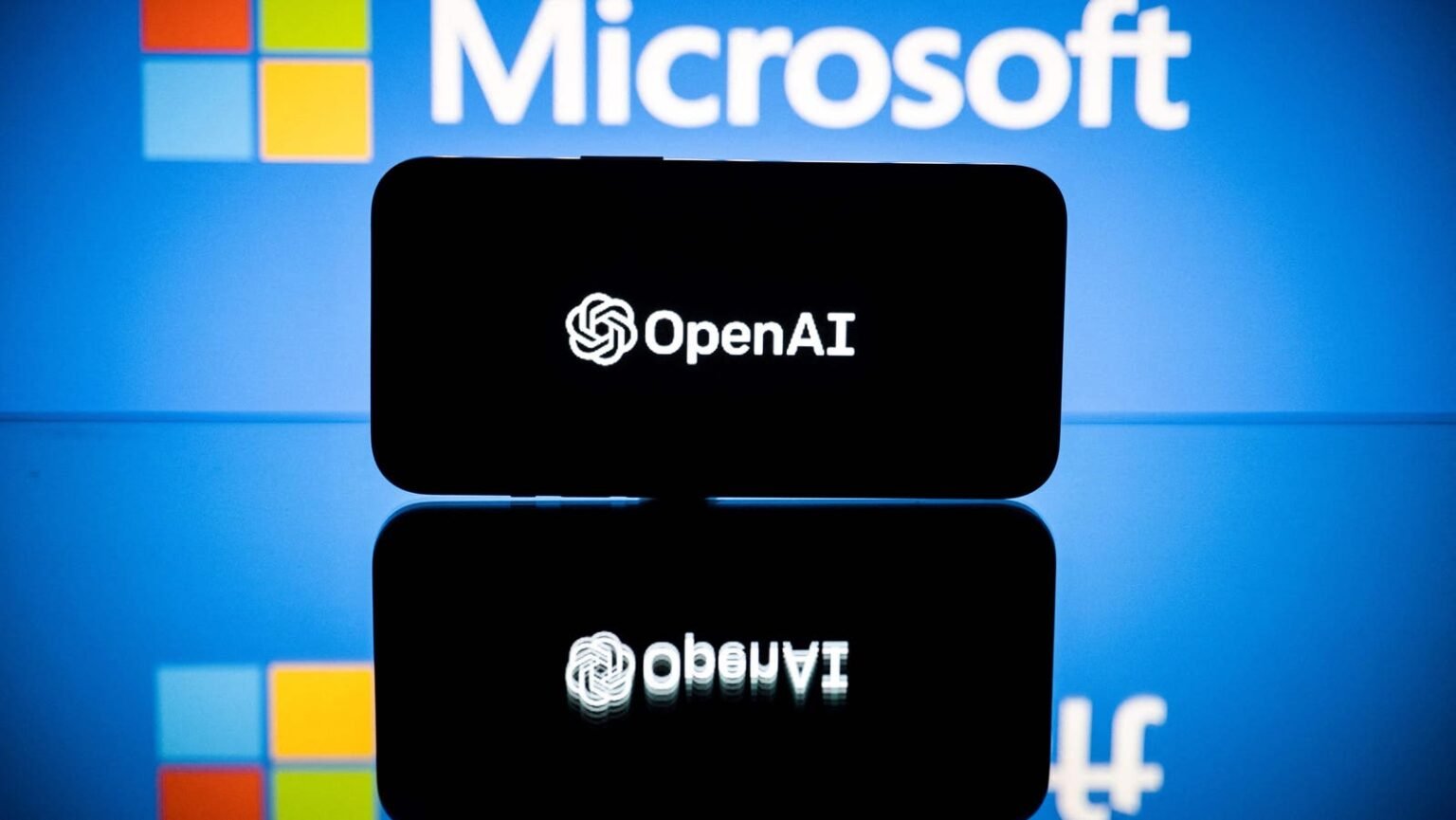Microsoft and Apple have stepped back from their roles on OpenAI’s board, sparking speculation about the influence of antitrust scrutiny on their decisions. The move comes as regulators around the world are increasingly focusing on the power and dominance of tech giants in the AI space. Microsoft, in particular, has faced scrutiny over its investments in OpenAI and other AI companies, including a $13 billion investment in OpenAI and a $4 billion acquisition of Inflection. The European Commission has dropped its probe into Microsoft and OpenAI, but continues to investigate the relationships between big tech companies in the AI industry.
The rise of generative AI technology, such as OpenAI’s ChatGPT and other tools developed by tech giants like Google and Microsoft, has led to a race to develop increasingly sophisticated AI tools. This has raised concerns among antitrust regulators about the potential for giant players to hinder smaller players in the industry. Google is facing a probe over plans to preinstall its Gemini AI on Samsung phones, while Amazon is under scrutiny for its $4 billion investment in Anthropic. The implications of AI technology on jobs and its potential to spread misinformation have also raised alarm bells among regulators.
OpenAI was founded by Sam Altman, who has an estimated net worth of $1 billion primarily from his role as a venture investor. Altman’s investments include stakes in companies like Stripe, Reddit, and Helion. Before starting OpenAI, Altman was a partner and president at tech startup accelerator Y Combinator and founded social mapping company Loopt. Altman does not have equity in OpenAI, but his leadership in the organization has been instrumental in its growth and success in the AI industry.
The decision by Microsoft and Apple to step back from their roles on OpenAI’s board could have significant implications for the future of the AI industry. As tech giants continue to invest heavily in AI technology and face increasing scrutiny from regulators, the landscape of the industry is likely to undergo significant changes. The complex web of relationships between big tech companies in the AI space will continue to be a focus for antitrust regulators, and companies will need to carefully consider how they structure their arrangements moving forward to avoid further scrutiny.
The jostling for AI supremacy among tech giants like Microsoft, Google, and Amazon is intensifying as they race to develop the most advanced AI tools. The boom in interest in generative AI technology has led to a proliferation of new tools and applications, but also raised concerns about the potential negative impact of AI on jobs and its ability to spread misinformation. As the industry continues to evolve, the decisions made by companies like Microsoft and Apple regarding their involvement in organizations like OpenAI will be closely scrutinized by regulators and industry observers alike.
Overall, the decision by Microsoft and Apple to step back from their roles on OpenAI’s board highlights the increasing pressure on tech giants in the AI industry. As regulators focus more closely on the power and influence of these companies, the future of the AI industry remains uncertain. Companies will need to navigate this evolving landscape carefully, considering the potential implications of their investments and partnerships on their relationships with competitors and regulators. The jostling for AI supremacy is far from over, and the decisions made by companies in the coming months and years will continue to shape the future of the industry.

